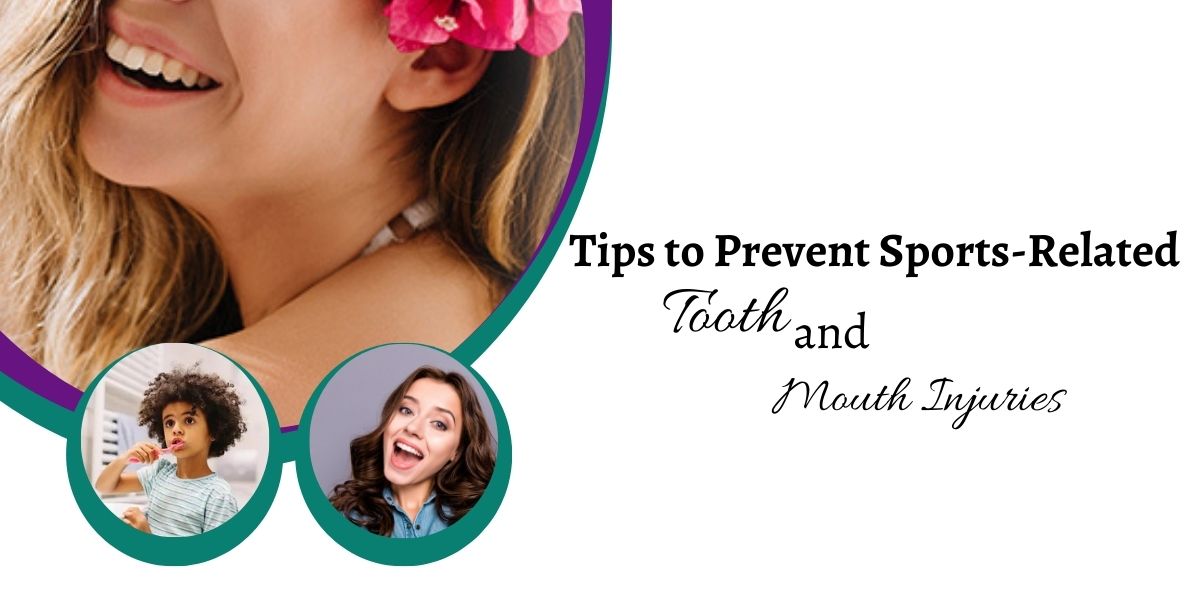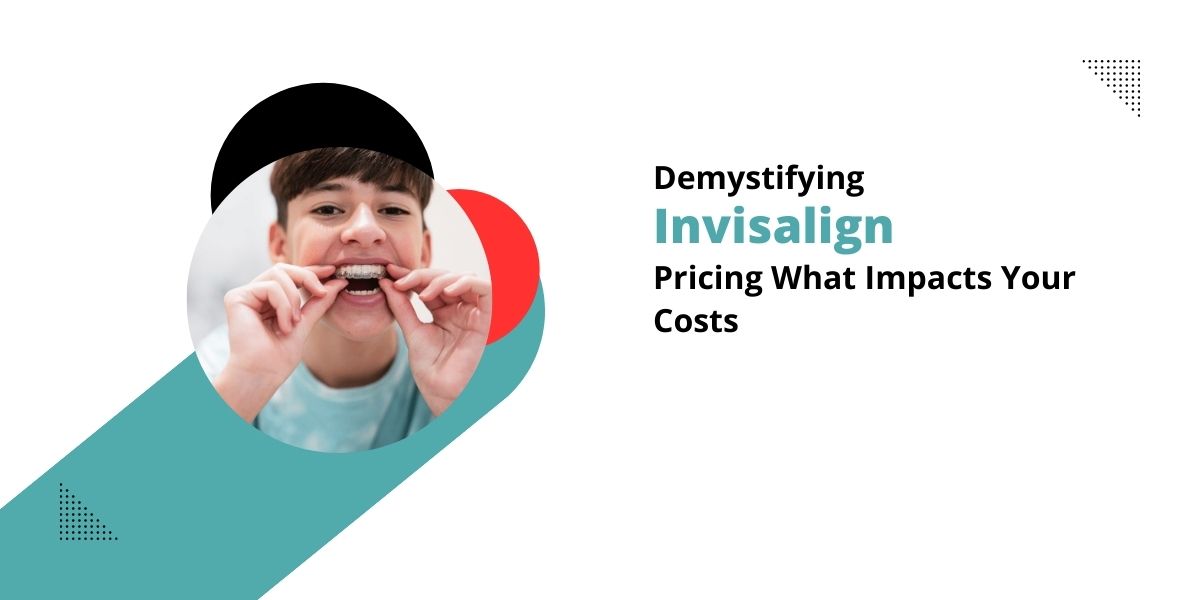Playing sports carries inherent risks of bodily injuries ranging from sprains and bone fractures to concussions and dental trauma. Knowing prevention strategies will help minimize odds and severity of sports-related mouth and teeth accidents. This overview from NHS emergency dentists in London covers practical protective measures athletes use for safeguarding dental health when actively training and competing in vigorous contact team games and individual endurance events.
Mouthguard Use
Wearing properly custom-fabricated mouth-guards during sports remains the number one way of avoiding irreversible dental disasters. While standard boil-and-bite guards purchased over-the-counter provide some degree of separation between teeth, they fall short of the precise confiscated offered by dentist-taken oral impressions. Custom athletic mouth-guards distribution biting forces over entire jaws instead of small centralized areas on a few front teeth for profoundly improved shock absorption and more securely held positioning against violent collisions.
Additional Mouth-guard Tips:
- Choose ultimate lab processed ethylene vinyl acetate (EVA) material over cheaper thermoplastic options mimicking proper snug fits initially but losing efficacy over repeated heat exposures during use, cleaning, and storage
- Ensure completed guards feature intact posterior coverage across all back teeth and feature petal-shaped labial flanges wrapping around front teeth necks up onto gums
- Refrain from unnecessary clenching and chewing motions when guards are placed intraorally to prevent accelerated wear
- Clean periodically using cool water since hot temps warp shape; brush gently before soaking in antiseptic denture bath solutions to remove accumulations
- Avoid keeping guards locked enclosed nested together as this can lead to inadvertent notches degrading protective capacities
Face Shield Use Full face protection encompassing entire visage better prevents facial bone fractures and head traumas in sports involving fast moving objects like sticks, bats, balls and pucks whereby some element of unpredictability enters into play sequences.
Polycarbonate alloy or metal cage constructs deflect high velocity projectiles that evade helmets and mouth-guard barriers from directly striking softer facial bones and delicate ocular, nasal, and oral tissues. Basketball, field hockey, fast pitch softball, lacrosse, tennis and racquetball competitors commonly integrate some variation of light weight transparent yet ultra impact resistant face shielding for enhanced safety from disfiguring mishaps.
Additional Face Shield Tips:
- Seek custom fabricated wraparound coverage extending fully left and right with adequate spread up and down
- Select sport-appropriate porosity; tennis needs more ventilation than hockey for instance
- Store loosely without creasing when not worn to prevent visibility impairing microscopic surface cracks from flex points
- Clean by simply rinsing under water and air drying out of cases unless obviously soiled necessitating gentle wipe downs taking care not to use abrasives scratching sturdy surface coatings
Head and Neck Strengthening Improving head stabilization and neck muscular reactions when struck by balls, equipment, or opponent movements bolsters dental injury prevention. Targeted resistance training increases cervical spine rigidity and reflex responses better enabling participants to swiftly activate muscle guarding when anticipating collisions. Consult sports medicine practitioners to develop customized head and neck conditioning programs using resistance bands, medicine balls, and targeted exercise motions adapted to each athlete’s age, physique, strength deficits and desired sport skill conditioning goals.
Protective Habits Development Beyond robust equipment interventions, cultivating ingrained habits further curtails incidence of sports-related dental disasters long term:
- Keep tongues safeguarded against biting during falls and checks
- Practice keeping jaws minimally agape when shields/guards removed
- Develop practice strategies adapting safer face-on orientations when possible
- Stress maintaining attentive peripheral vision and reaction skills
Use External Neck Braces For Past Concussions
Those with previous head trauma incidences may benefit wearing rigid exterior devices limiting extremities of motion. Especially for contact scenarios when re-concussions pose graver complications, external collars add a reinforced framework improving structural soundness and restricting excessive mobility. Consult treating physicians for guidance.
Incorporate Dental Spars Into Training
Supervised full or half speed walk through simulations using mouthguards allows athletes to physically experience real-game collisions and reactions in relatively safer contexts. Coaches can observe firsthand preparedness levels and readiness to graduate to full go scenarios where more violent unchecked interactions elevate oral injury potentials without proper acclimation.
Stress Dental Safety in Youth Instructional Programs
Reinforce mouth-guard use protocols and rules prohibiting stick or hand contact with faces during introductory sport clinics for young novices. Children often mimic observed actions so consistent safety messaging ensures proper habits ingrain early before dangerous experimentations with riskier technical maneuvers get presented. Lobby rec leagues at all ages to mandate mouth-guard use policies firmwide.
Emergency NHS Dental First Aid Courses
Require players, parents, coaches and training staff acquire American Red Cross or equivalent sports medicine Eemergency NHS Response Certifications encompassing dental trauma modules. Recognizing correctly saving and transporting teeth, bone fragments and managing profuse bleeding brings better long term prognosis when swift non-panicked responses intervene straightaway. Trauma trained personnel produce far superior patient outcomes following adverse dental events.
Implementing even several of these strongly proactive measures vastly reduces risks of suffering sports-related dental injuries when enjoying athletic activities. Don’t wait until dental damage occurs; Contact SW19 Confidental Dental Care Wimbledon Dentist to protect dental health prophylactically as part of smart play hard preparedness. And know NHS urgent dental Wimbledon can promptly treat any oral trauma should the unexpected still strike even when taking prudent precautions.







